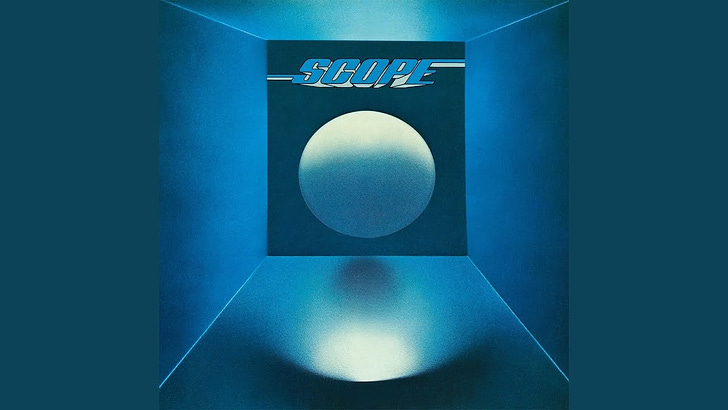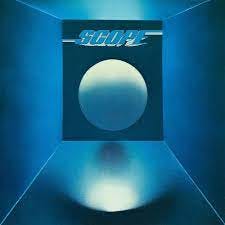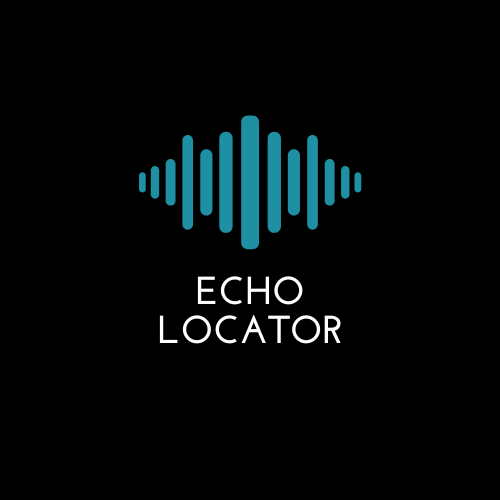Say whatever about the heaving, tottering excesses of ‘70s progressive rock and jazz fusion, but give up this much: Those bands understood the importance of setting scenes.
Pink Floyd gets credit for having created a widely imitated template for grand, majestic, epic-in-their-own-right song introductions. But many bands active in the early/mid 1970s pursued similar tactics – starting in a tempoless wash of sound, they’d crawl from the primordial muck and slosh around through overture-ish previews of ideas that would flower later. (Or not.)
Case in point: The cleverly sculpted minute of rubato that precedes (the unfortunately named) “Frisky Frog Funk” from the 1975 second album by a Dutch band called Scope. This opens with a tense electric guitar melody that finds unusual middle ground between arena rock theatrics and the spellbinding opening statement of Chick Corea and Return to Forever’s “500 Miles High.” Using textural cymbal colors and sustained keyboard swells, the band plumps up the cushions behind gifted guitarist Rens Nieuwland, reinforcing the drama embedded in his (written) melody. It’s music for the edge of a dawn; listeners who are paying attention may find themselves transported before the tune even starts.
And when it does, the four-piece Scope offers another surprise: A frenetic uptempo funk groove studded with syncopation. This carries elements of Weather Report fusion and the metric mischief of the British prog-rockers – familiar devices used with a degree of originality and, again, oriented around a memorable melody. When the groove hits (and it locks from beat one), the tune is engaging, at least in part, because of what came before: The music started as a reverie, and from there it goes places. It evolves.
There’s compositional art to this type of curtain-raising – perhaps that’s why we don’t hear more of it in the music of our cut-to-the-chase culture. Nowadays we want the hook first and we want it often.
Expectations about what constitutes a thrill ride are different. We think we don’t need that introductory preamble. But music that lives along the prog-rock/jazz fusion axis of the ‘70s – from the Miles Davis electric bands to Van Der Graff Generator to Genesis to Mahavishnu Orchestra to, yes, the little-remembered Scope – shows the importance of that development. It is music that takes time to unfold, and asks the listener to hold one theme while following further elaborations. It’s methodical and spontaneous in the same instant. Writing in this way requires planning, and shared willingness to follow an idea through maze-like corridors, and the improvisational skills to react as those themes take detours and side trips.
Both of the lively albums Scope made for Atlantic Records (Scope I released in 1974, Scope II the following year) showcase examples of this approach. The pieces unfold as narratives, transitioning between lush rubato passages and terse, provocative groovecraft. Later into Scope II, Nieuwland uses 12-string guitar to conjure the placid, almost celestial landscape of “The Zebra Pt. 1.” That leads to a straightforward vamp outlined by the 12-string, carrying hints of early Pat Metheny Group, and then, within the first minute of “The Zebra, Pt. 2.” comes an agile, percussive Rhodes solo by Rob Franken. That’s followed by another high-drama rock-guitar clinic from Nieuwland, who uses effects to alter his sound on almost a phrase-by-phrase basis.
Crucial small point: These solos, as entrancing as they are, don’t last forever. They derive part of their momentum (and, possibly, their majesty) from the setups and introductions and abrupt shifts that were written into the pieces beforehand. Like the members of Mahavishnu and King Crimson and others, the musicians of this outfit can certainly shred, at length. But they almost always exercise restraint: Most of the solos on Scope I and II (and, to lesser extent, the unfinished sessions from 1976 that surfaced as Scope III) are there to serve the arc of the piece. They’re connected to the compositions, and they incorporate considerations of form as well as tone, texture, temperament. Even the drum solos do this.
Scope dissolved after its second album failed to attract an audience. Among the reasons offered by fans: The funk of Scope I was perhaps too raw for the European audience; the more progressive-rock leaning Scope II arrived after the peak of prog in the U.S. Given the amount of time that’s gone by, it’s folly to do too much conjecturing. When I encountered Scope – via the excellent YouTube channel called Terminal Passage – I had a jaw-on-floor moment, and the feeling that there are a whole bunch of people who might appreciate this lost band. Wow these guys were enchanting, and super-accomplished, and also just a tad too hip for the room. That was true back then, when this open-ended approach to music was widely flourishing. And it’s true now, too.






Thanks for this Brad Kyle! It didn't occur to me that Scope would have only been issued in Europe! It's probably indicated in the Discogs listing somewhere -- I'm going to have to check this in the future...and then thinking about radio in 74-75, yeah this would have been a stretch for some progressive stations, esp the second record. too improvisational....thanks!
Thanks much Bruce!!!! Good question! On the list!